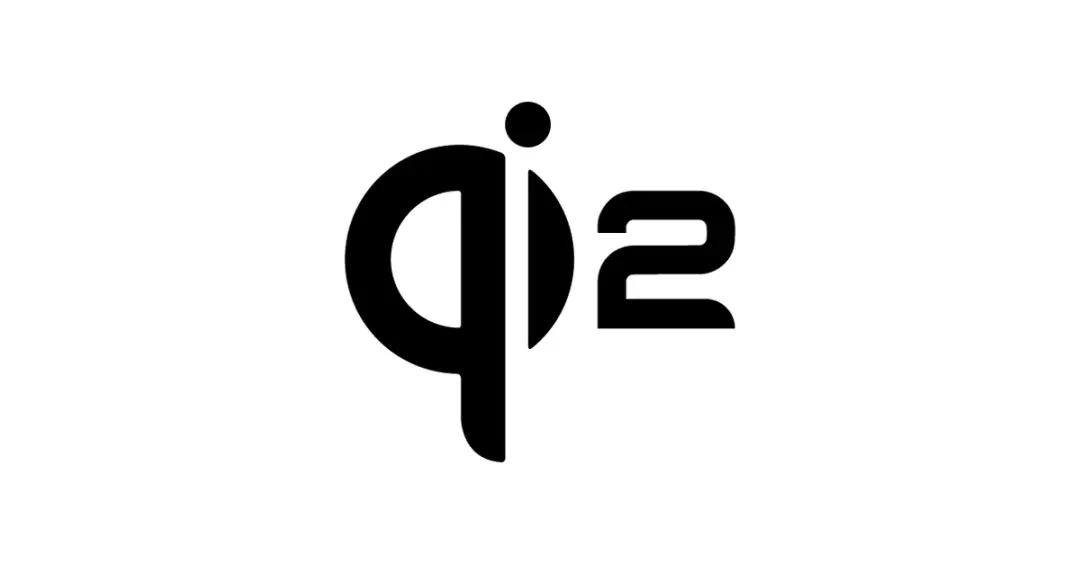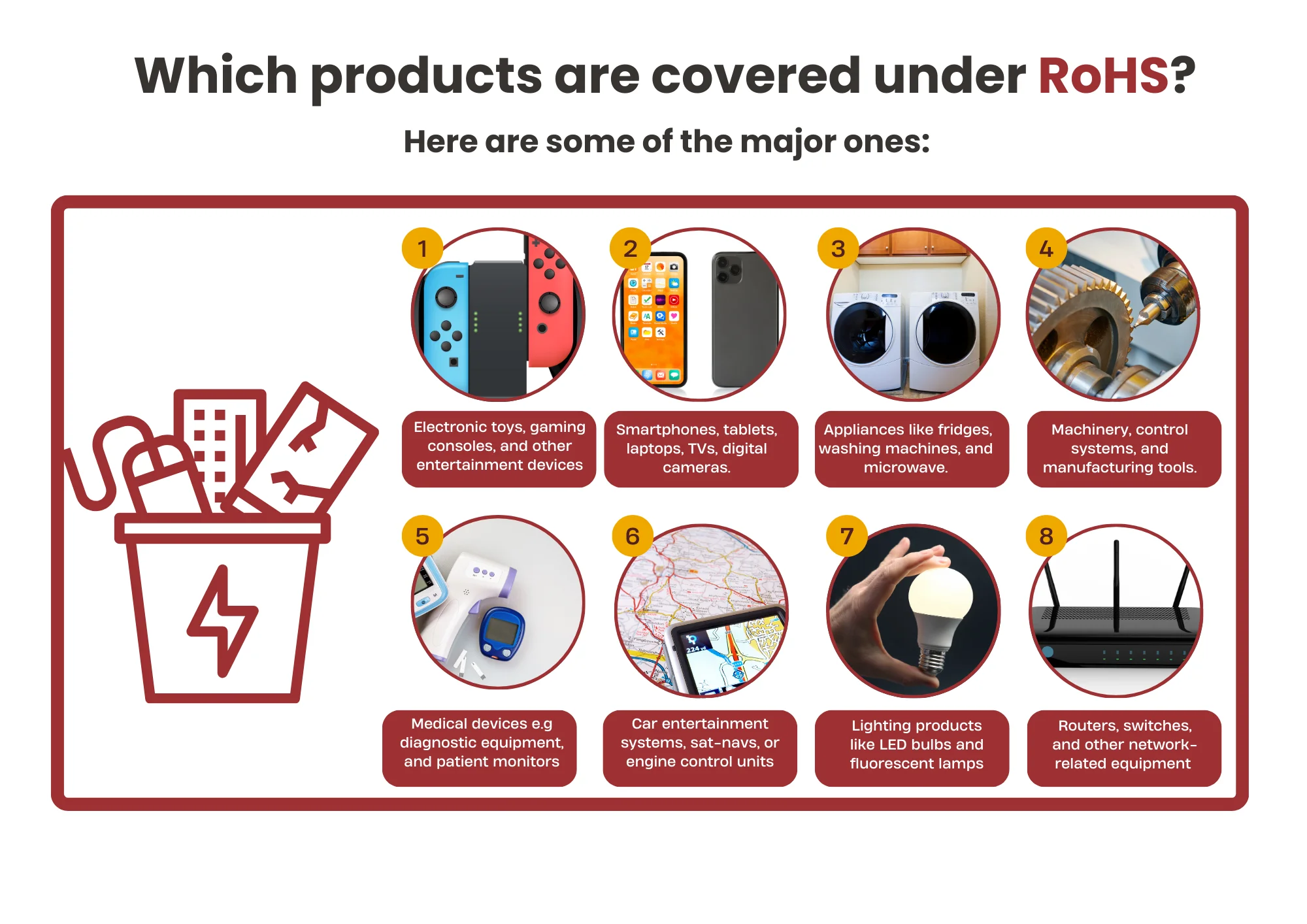
What is Qi2 Wireless Charger Certification? How to Obtain It?
In recent years, wireless fast charging technology has developed rapidly, with more and more smartphones and digital devices supporting wireless fast charging. For the average consumer, this technology frees them from the constraints of cables, making the charging process more streamlined and safer. This significantly enhances the user experience of charging. Therefore, it’s no surprise that wireless fast charging technology is highly favored. However, like wired charging technology, wireless fast charging also has its own set of charging standards.
Currently, there are many types of wireless fast charging standards, one of which is established by an organization called WPC. You might have heard of this organization’s well-known protocol, Qi (pronounced "chee").
Understanding Qi
To understand the Qi wireless fast charging protocol, we need to first learn about the organization that created it—WPC.

Introduction to WPC
WPC stands for Wireless Power Consortium, a standardization organization for wireless charging technology, established on December 17, 2008. As of May 2023, WPC has 315 members working together towards a common goal: to achieve universal compatibility of wireless chargers and power sources worldwide. To this end, they have established numerous standards for wireless fast charging technology.
Setting Standards
As wireless charging technology continues to evolve, its application range has expanded from consumer handheld devices to many new fields such as laptops, tablets, drones, robots, connected vehicles, and smart wireless kitchens. WPC has developed and maintained a series of standards for various wireless charging applications, including:
- Qi Standard: For smartphones and other portable mobile devices.
- Ki Wireless Kitchen Standard: For kitchen appliances, supporting charging power up to 2200W.
- Light Electric Vehicle (LEV) Standard: For the wireless charging of electric bicycles, scooters, and other light electric vehicles at home or on the go, offering faster, safer, smarter, and more convenient charging.
- Industrial Wireless Charging Standard: For safe and convenient wireless power transmission, charging robots, AGVs, drones, and other industrial automation machines.
There are now more than 9,000 Qi-certified wireless charging products on the market. WPC ensures product safety, interoperability, and applicability through independent authorized testing laboratories worldwide.
Types of Membership
WPC divides its members into four types based on the annual membership fee, each offering different services and privileges:
1. Small Business Member: For companies with annual revenue under $10 million, the annual fee is $5,000. However, there is a $2,500 fee for registering each product in the product database, with the first product registration being free.
2. Associate Member: With an annual fee of $15,000, members can obtain the Qi trademark license, participate in Qi product interoperability testing, influence the drafting of standards through evaluations, and register products in the product database without limit. However, they cannot attend technical meetings.
3. Full Member: With an annual fee of $20,000, members can participate in all working groups and special task force meetings, subscribe to all emails, and register products in the database without limit.
4. Regular Member: With an annual fee of $25,000, members can organize activities and attend meetings, serve as working group chairs, have voting rights in the WPC steering committee, and register products in the database without limit.
Qi2
Qi2 is the newly enhanced wireless charging standard developed by the WPC in 2023. Qi2 will replace its predecessor, Qi, and features a new Qi logo. It is being widely implemented in the rapidly expanding wireless charging market. The main innovation lies in the inclusion of the MPP (Magnetic Power Profile) protocol, which is now a technical branch under Qi2. Additionally, all certified specifications must integrate authentication verification. For manufacturers, there is no longer a need to adhere to the "transmission coil reference type." Previously, WPC maintained a reference coil library from which manufacturers had to choose. Now, during the certification process, there is no need to report the PTx coil reference type, providing manufacturers with greater design flexibility.
Qi2 Technology Updates
Currently, Qi2 covers two technologies (PTx): EPP and MPP, and no longer separately includes BPP. Both EPP and MPP require identity authentication. Similar to the original intent of Qi1.3.3, WPC aims to further popularize fast charging terminals, a mission that Qi1.3.3 did not fully achieve, which is now carried forward in the Qi2.0 protocol. To further promote the adoption of mid-to-high power charging, Qi2.0 no longer includes a separate BPP charging protocol, though it remains backward compatible with the BPP protocol.
As mentioned earlier, the most significant update in Qi2 technology is the inclusion of the MPP protocol. So, what is Qi-MPP certification?
Qi-MPP Certification
Understanding MPP certification mainly involves its new features compared to previous protocols, summarized as follows:
1. A new operating frequency of 360kHz (previously 110kHz-205kHz).
2. A new communication scheme, adding 55 data packets to the existing base (Qi1.3).
3. Expanded authentication scheme.
4. Open-air Q-value testing (foreign object detection before power transmission).
5. k-value measurement (a new variable representing the coupling coefficient).
6. Clocking (a new mechanism for the pause and resumption of power transmission on the receiving end without perception).
7. Role swap (reverse charging).
qi2 certification Types and Product Categories
Qi2 Tx Certification Types
1. Qi2-EPP Tx Certification: Products supporting 8W, 12W, or 15W power using the Qi EPP protocol must undergo EPP Tx certification.
2. Qi2-MPP Tx Certification: Products supporting 15W power using the Qi MPP protocol must undergo MPP Tx certification.
*Note: BPP Tx products cannot apply independently under Qi2.*
Qi2 Certified Product Categories
- Chargers
- Power banks
- Embedded products (products with built-in Tx transmission functions)
Qi2 Certification Timeline
1. Certification Period: 10 working days.
2. Certification Samples: 5 sets.
*Note: The certification period does not include time for sample rectification.*
Qi2 Wireless Charging Product Reporting
1. Similar Products: Products with the same casing (different brands, names, colors, and surface treatments are allowed).
2. Sub-Systems: Registered subsystems fully embedded in the product without any modifications; registered subsystems are embedded at the correct depth on the product surface.
For assistance with the certification process, please contact China JJR Laboratory.
Email:hello@jjrlab.com
Write your message here and send it to us
 EMC Pre Compliance Testing
EMC Pre Compliance Testing
 PAHs Testing (Food and Textile)
PAHs Testing (Food and Textile)
 Where to Apply for the EU RoHS Test Report?
Where to Apply for the EU RoHS Test Report?
 Children’s Products and Toy Testing
Children’s Products and Toy Testing
 What is a GB 31701 Test Report?
What is a GB 31701 Test Report?
 UN 38.3 Transportation Test
UN 38.3 Transportation Test
 Toxicological Risk Assessment of Medical Devices
Toxicological Risk Assessment of Medical Devices
 How to get the Vacuum Cleaner UL 1017 Test Report?
How to get the Vacuum Cleaner UL 1017 Test Report?
Leave us a message
24-hour online customer service at any time to respond, so that you worry!




